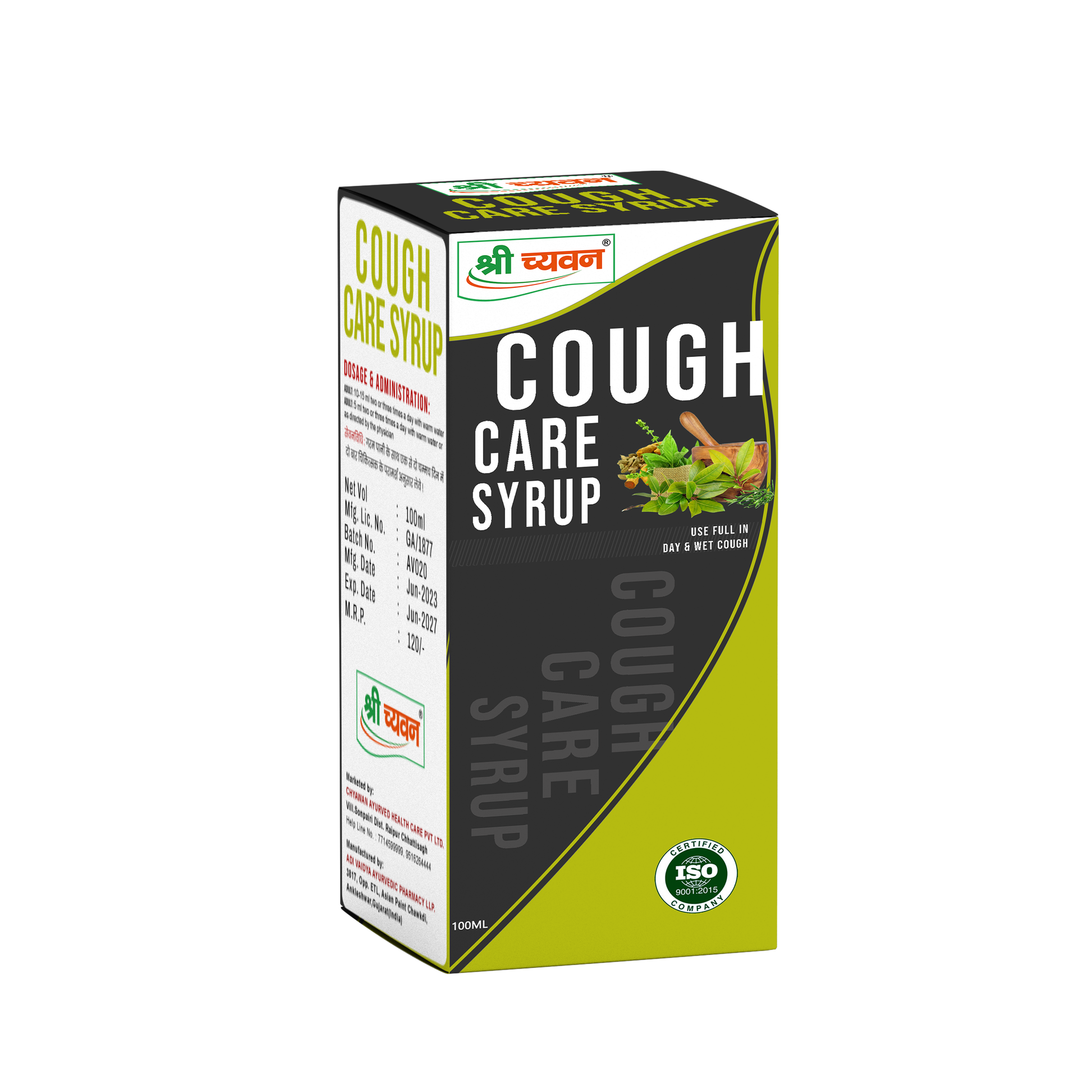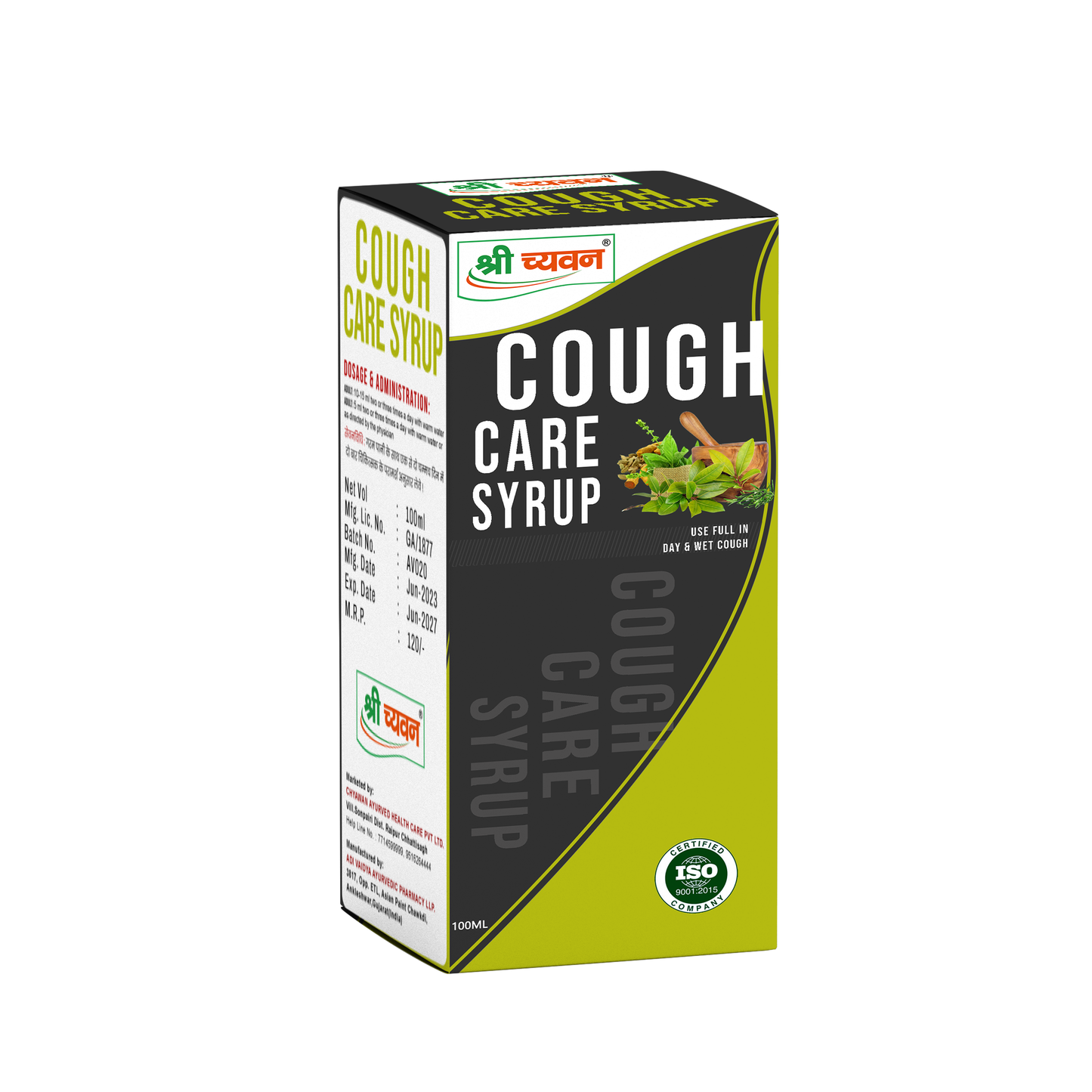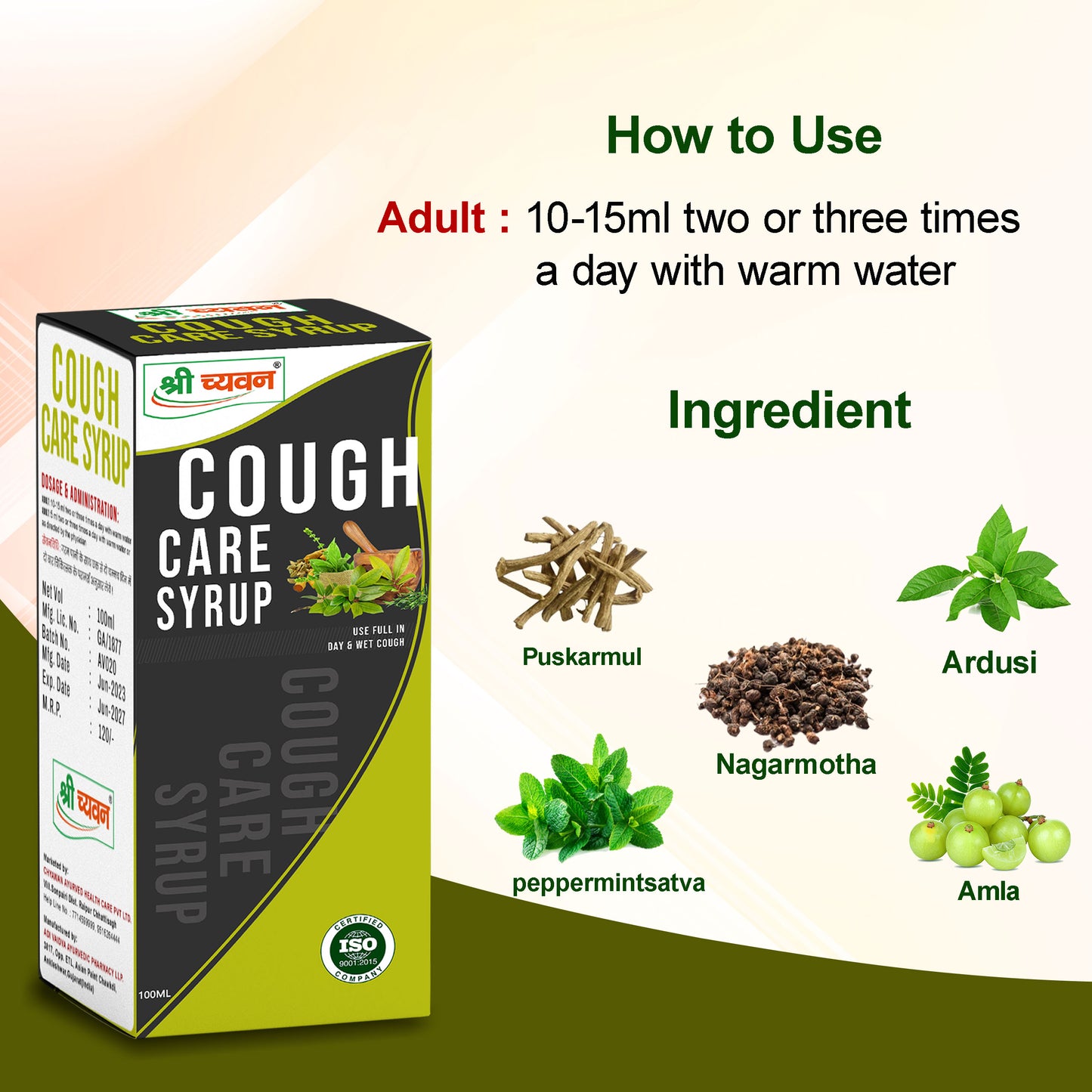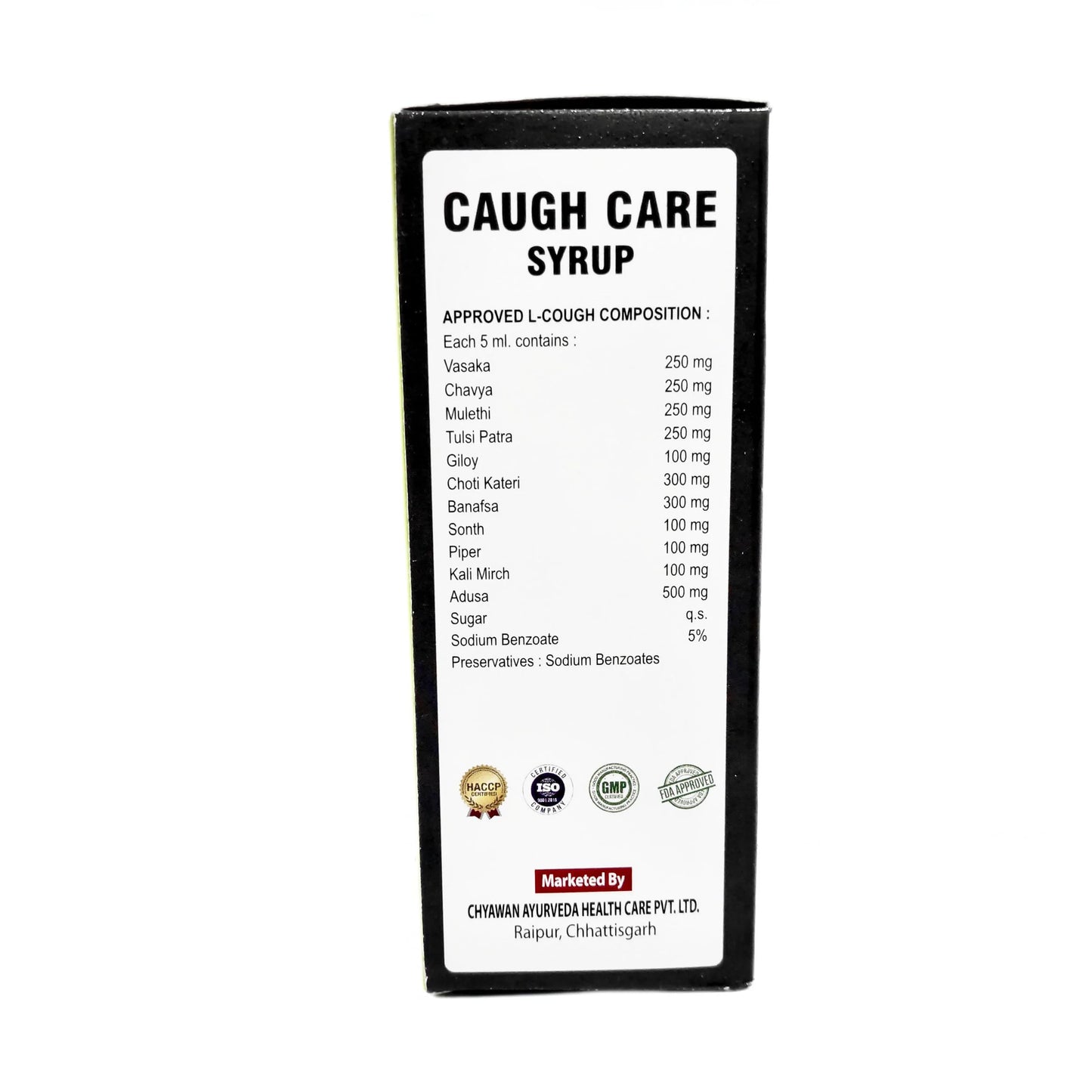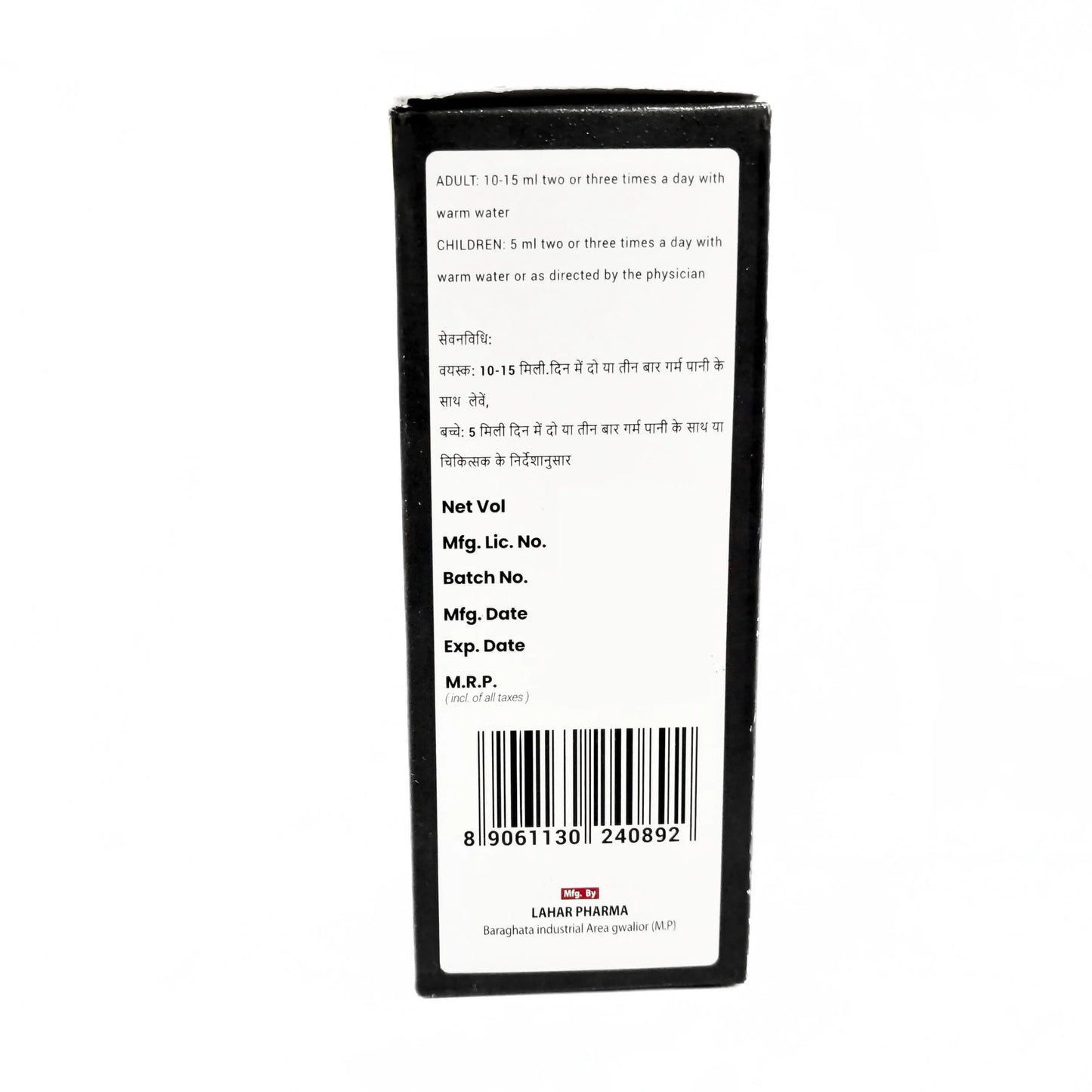Winter's arrival heralds many joys: snowflakes, cozy evenings and hot cocoa. However, it also brings along unwelcome guests—cold and cough. These seasonal ailments seem to be prevalent during colder months, affecting individuals of all ages. Understanding their symptoms, causes, and exploring traditional remedies like Ayurveda can help manage and prevent their onset.
Symptoms of Cold and Cough:
-
Cold Symptoms: The common cold often begins with a sore throat, followed by nasal congestion, runny nose, sneezing, coughing, and occasionally, a mild fever. Fatigue and headache might accompany these symptoms.
- Coughing: Winter coughs are characterized by dryness, irritation in the throat, and persistent coughing spells, sometimes leading to chest discomfort.
Causes of Cold and Cough:
-
Viral Infections: Rhinoviruses, responsible for the common cold, thrive in colder temperatures, making us more susceptible during winter.
-
Dry Air: Cold air tends to be drier, irritating nasal passages and making them more vulnerable to infections.
-
Close Proximity: Spending more time indoors in close proximity to others during winter increases the likelihood of viral transmission.
- Weakened Immune System: Lack of sunlight, reduced physical activity, and poor dietary habits during winter can compromise the immune system, making us more prone to infections.
Different Types of Cough & 1 Cough Syrup for all – Cough Care Syrup
-
Acute Cough: This type lasts for less than three weeks and is often associated with a common cold, flu, or other respiratory infections.
-
Subacute Cough: Lasting between three and eight weeks, this cough might persist after an initial illness or could be due to a lingering infection.
-
Chronic Cough: Persisting for more than eight weeks, chronic coughs can be caused by various factors such as asthma, allergies, smoking, acid reflux, or underlying lung conditions.
-
Dry Cough: A cough that doesn’t produce mucus or phlegm; it might be due to irritants, allergies, or viral infections.
- Wet or Productive Cough: Characterized by the production of mucus or phlegm, typically caused by infections like bronchitis or pneumonia.
Ayurvedic Medicine for Cough
Our Ayurvedic Cough Care Syrup is a potent formulation meticulously crafted to alleviate discomfort associated with cough and provide soothing relief for respiratory health. It is an effective ayurvedic medicine for cough whether dry, allergic or chronic allowing you to breathe easily.
Product Benefits:
-
Soothing Relief: It contains a blend of natural ingredients that soothe irritated throat tissues, providing instant relief from dry coughs, throat irritation and discomfort, allowing you to rest and recuperate.
-
Effective Expectorant: The syrup acts as a powerful expectorant, aiding in the expulsion of phlegm and mucus from the respiratory tract, facilitating easier breathing, and promoting overall respiratory wellness.
-
Non-Drowsy Formula: Unlike many cough medications, our syrup's non-drowsy formula allows you to go about your daily activities without feeling lethargic or fatigued, ensuring you stay alert and focused. It’s the best ayurvedic cough syrup.
-
Natural Ingredients: Formulated with a blend of natural herbs and clinically proven ingredients. Our ayurvedic cough syrup provides relief without the side effects often associated with synthetic cough remedies, making it safe for all age groups.
- Immune Support: Enhance your body's natural defences. Our syrup is fortified with immune-boosting elements, helping strengthen your immune system to combat respiratory distress effectively.
How to use: 10-15 ml two or three times a day with warm water.
Other Ayurvedic Remedies for Cold and Cough:
-
Turmeric and Honey: Turmeric’s antimicrobial properties combined with honey's soothing effect can alleviate symptoms. Mix a teaspoon of turmeric with honey and consume it or add it to warm milk.
-
Ginger and Tulsi (Holy Basil) Tea: Boil crushed ginger and tulsi leaves in water to create a potent tea. Ginger’s warmth and Tulsi's antibacterial properties can help relieve congestion.
-
Steam Inhalation: Inhaling steam infused with eucalyptus or mint oil can clear nasal passages and soothe a sore throat.
- Herbal Decoctions: Ayurvedic herbs like licorice, ashwagandha, and triphala are known for their immune-boosting properties. Brewing these into a decoction can strengthen the body's defence mechanisms.
The increase in cold and cough during winter is a common phenomenon owing to various factors like viral infections, dry air, and weakened immune systems. Ayurvedic cough syrup offers symptomatic relief with its holistic approach, provides natural remedies that address the root cause and boost immunity.
Managing these ailments during winter requires a balanced lifestyle, including a nutritious diet, regular exercise, and adopting preventive measures like maintaining hygiene and staying warm. Incorporating Ayurvedic remedies alongside conventional treatments can offer holistic relief from cold and cough, promoting overall well-being during the winter months.
Understanding the reasons behind these seasonal ailments and embracing time-tested remedies can empower us to navigate the winter season with greater ease, ensuring a healthier and more enjoyable experience for all.




